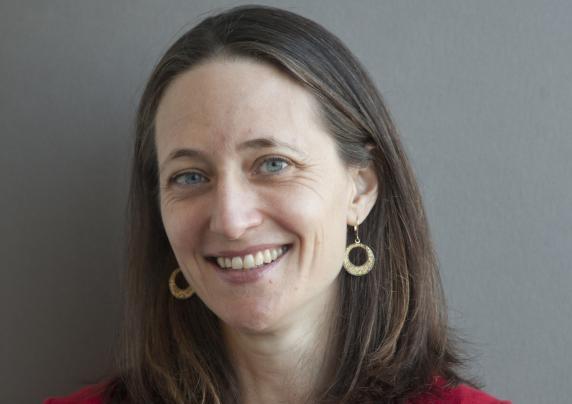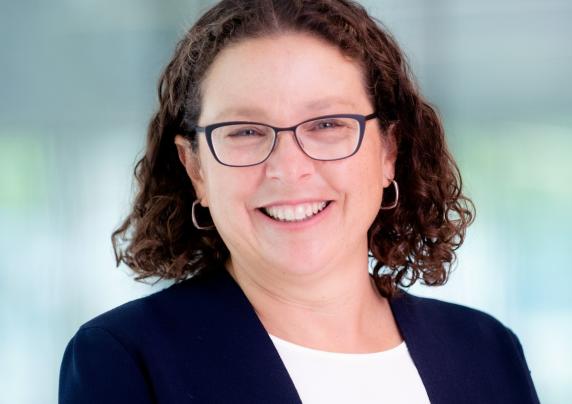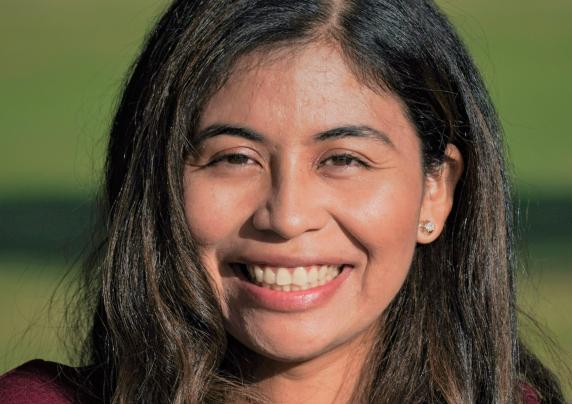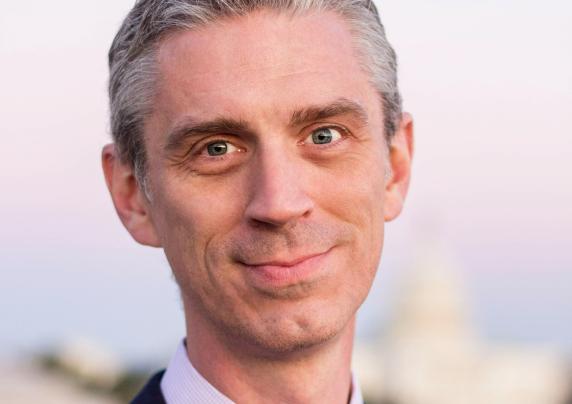Opinions
Image

The National Decline in Overdose Deaths Is Leaving Black Communities Behind
Stat News •
January 24, 2025
Image

Debrina Kawam's Death Proves Even Sleeping Is Risky for Homeless Americans
MSNBC •
January 3, 2025
Image

Pregnant People Who Use Drugs Deserve Supportive Policies and Treatment, Not Punishment
Ms. Magazine •
July 2, 2024
Image

The Shelter System Isn’t Equipped for LGBTQ+ Youth
The Progressive Magazine •
July 1, 2024
Image

Housing Ends Homelessness – Fines and Jail Time Won’t
US News & World Report •
June 28, 2024
Image

California Should Be Able To ‘Prescribe’ Housing To Treat Homelessness
CalMatters •
June 20, 2024
Image

Harnessing AI: Use It To Stabilize, Not Stigmatize Homelessness
Tech Policy Press •
June 11, 2024
A Different Kind of Gender War: Period Poverty During Conflict
Visible •
May 28, 2024
Image

The Government Must do More for Older Americans Facing Homelessness
The Fulcrum •
May 22, 2024
Image

Why Criminalizing Homelessness Won’t Solve It, and What Policymakers Should Do Instead
Local News Matters •
May 15, 2024